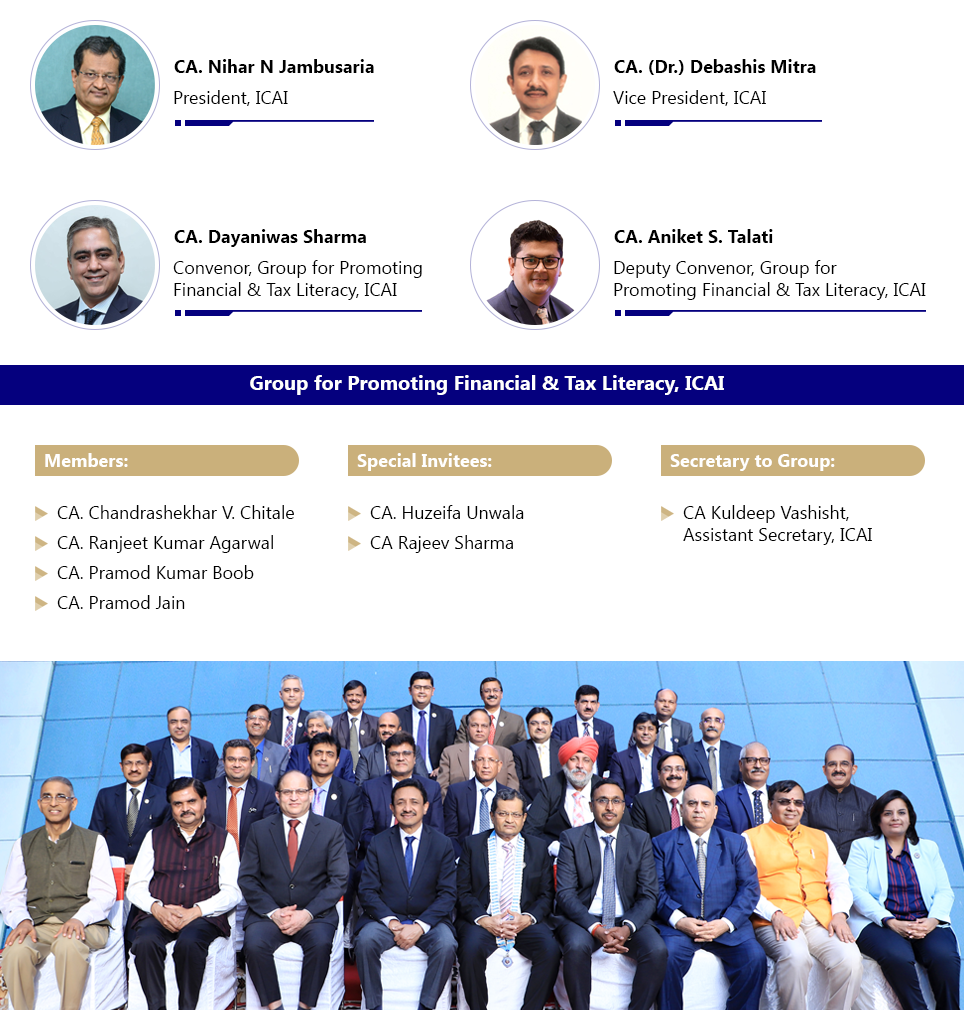All PSLCs will be valid till March 31st and will expire on April 1st.
FAQ Category: Spending & Saving
Whether PSLCs can be issued for a limited period i.e., for one reporting quarter and multiples thereof?
The duration of the PSLCs will depend on the date of issue with all PSLCs being valid till March 31st and expiring on April 1st.
Whether service tax/ stamp duty/ transaction tax will be applicable while paying fee for PSLC?
PSLCs may be construed in the nature of ‘goods’#, dealing in which has been notified as a permissible activity under section 6(1)(o) of BR Act vide Government of India Notification dated May 4, 2016. The tax implications on account of trading in PSLCs may be determined by the banks in accordance with the applicable tax laws. Further, as per the extant guidelines, no transaction charge/ fees is applicable on the participating banks payable to RBI for usage of the PSLC module on e-Kuber portal.
Whether PSLC – Weaker Sections or PSLC – Export Credit can be traded?
There are only four eligible categories of PSLCs i.e. PSLC General, PSLC Small and Marginal Farmer, PSLC Agriculture & PSLC Micro Enterprises.
Whether Export Credit may form a part of PSLC ‘General’ and whether banks’ surplus in Export Credit can be sold as PSLC ‘General’? Can foreign banks with less than 20 branches reckon PSLC General towards the incremental target for lending to sectors other than exports beyond the overall target of 32 percent?
‘Export Credit’ can form a part of underlying assets against the PSLC – General. However, any bank issuing PSLC-General against ‘Export Credit’ shall ensure that the underlying ‘Export Credit’ portfolio is also eligible for priority sector classification by domestic banks.
Foreign banks with less than 20 branches are not allowed to reckon PSLC General towards fulfilment of their incremental target for lending to sectors other than exports beyond the overall target of 32 per cent. However, such banks are allowed to reckon PSLC Agriculture, PSLC Micro Enterprises and PSLC SF / MF for the same
Targeted Long Term Repo Operations (TLTROs)
Will banks be required to maintain specified securities for the amount received in TLTRO in HTM book at all times?
Yes. The banks will have to maintain amount of specified securities for the amount received in TLTRO in its HTM book at all times till maturity of TLTRO.
Will the bank have to necessarily continue to hold an amount equivalent to what it was holding as on March 26, 2020 in its HFT/AFS portfolio for the tenor of TLTRO borrowing?
Under TLTRO scheme, banks will have to invest the amount borrowed under TLTROs in fresh acquisition of securities (i.e., over and above their outstanding statement in specified securities it was holding as on March 26, 2020) from primary/secondary market. However, participation in TLTRO scheme will not impinge on the existing investment of the bank and the bank may continue to operate their AFS/HFT portfolio, as hitherto, in terms of extant regulatory/internal guidelines.
Is there any maturity restriction on the securities to be acquired under TLTRO scheme?
There is no maturity restriction on the specified securities to be acquired under TLTRO scheme. However, the outstanding amount of specified securities in bank’s HTM portfolio should not fall below the level of amount availed under TLTRO scheme.
Will investment in a longer tenor specified security continue to be classified as HTM even after maturity of TLTRO?
The specified securities acquired under TLTRO scheme will be allowed to remain in HTM portfolio till their maturity.

